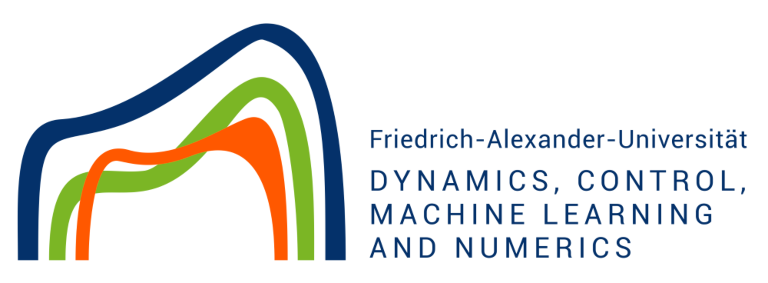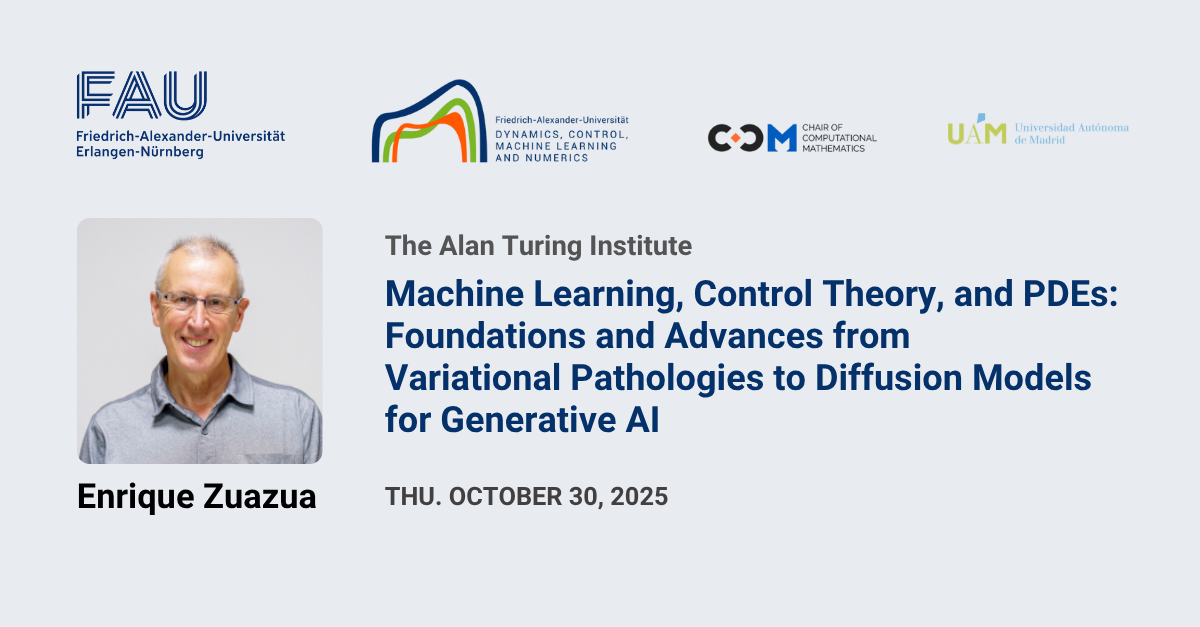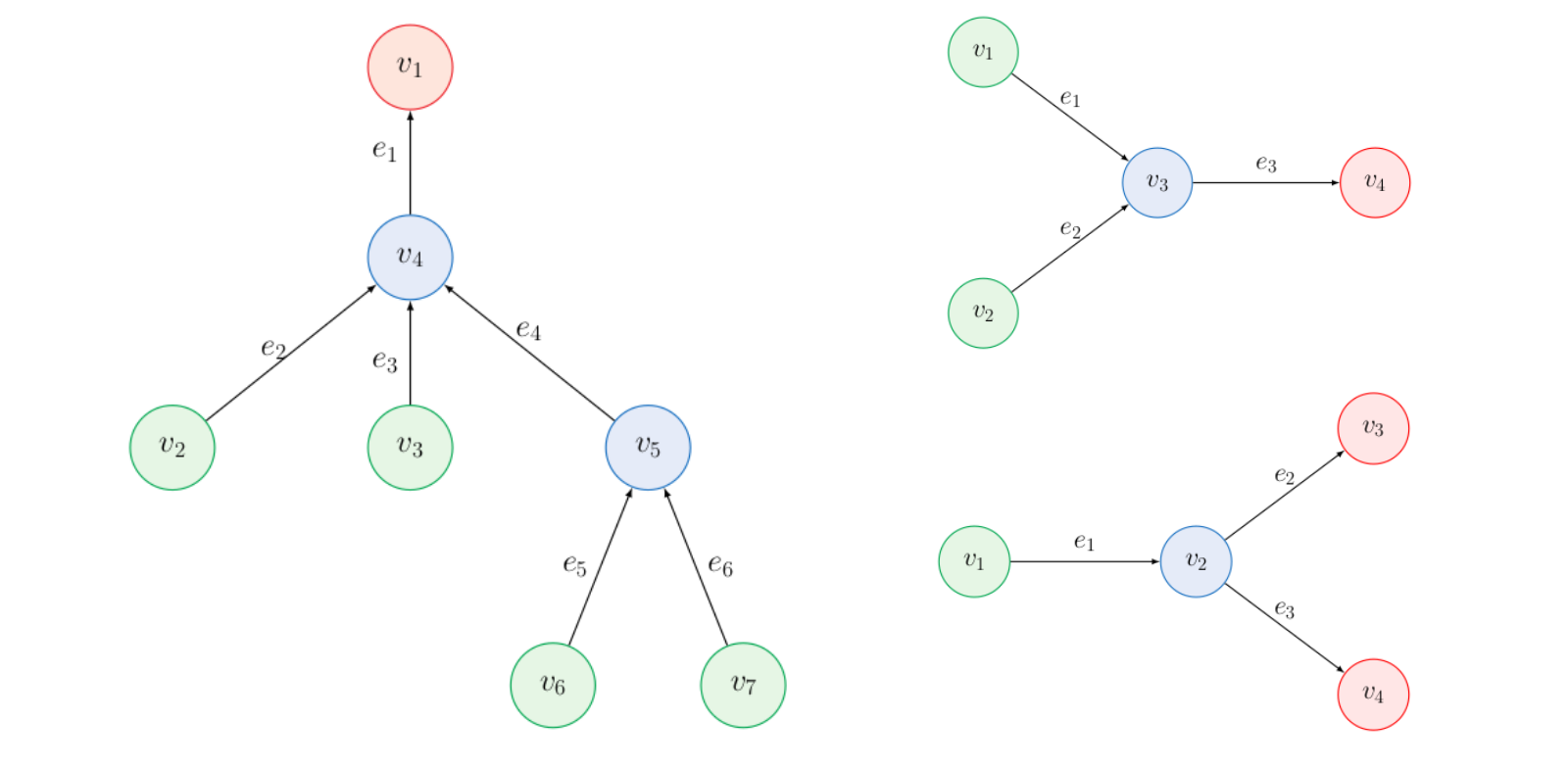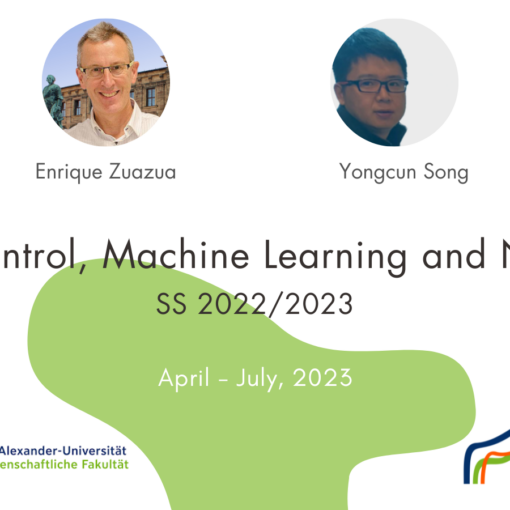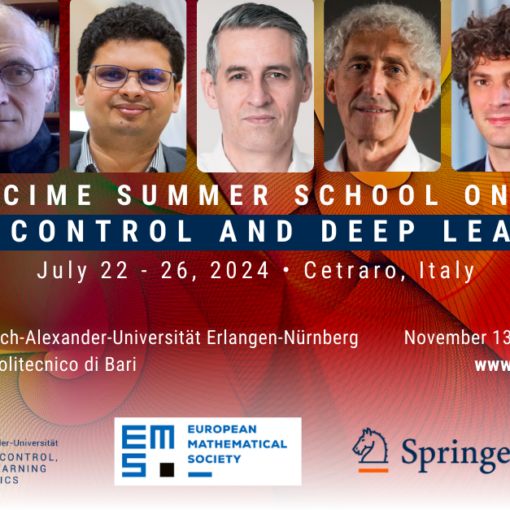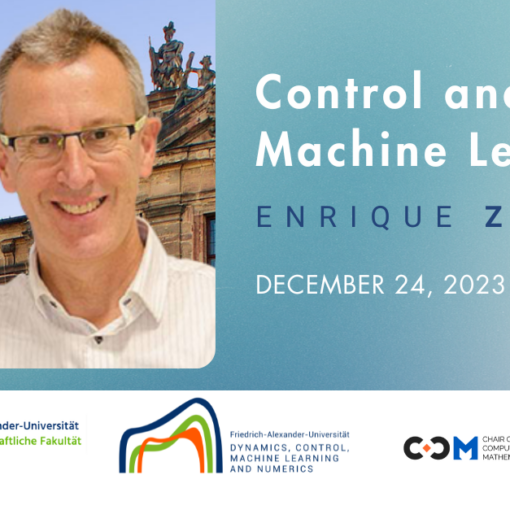Event: MLDS, Machine Learning and Dynamical Systems Seminar
Date: Thu. October 30, 2025 at 17:00H (local time)
Organizer: The Alan Turing Institute
Inaugural Lecture: Machine Learning, Control Theory, and PDEs: Foundations and Advances from Variational Pathologies to Diffusion Models for Generative AI
Speaker: Prof. Enrique Zuazua, FAU – Friedrich-Alexander-Universität Erlangen-Nürnberg (Germany)
VIDEO / RECORDING
Watch this lecture at YouTube: https://www.youtube.com/watch?v=6lz14huhdDQ
Abstract. This lecture explores the growing interplay between machine learning, control theory, and partial differential equations (PDEs)- three areas that together shape our understanding of modern artificial intelligence.
In the first part, we examine how neural networks can be interpreted as controlled dynamical systems, establishing deep analogies between training processes and optimal control problems. Concepts such as controllability, observability, and stabilization provide a rigorous framework to understand the dynamics of learning, the role of architecture depth, and the expressivity of modern models. This control-theoretic viewpoint offers valuable insights into optimization, generalization, and deep learning.
In the second part, we turn to PDE-based perspectives arising in the numerical and generative facets of machine learning. We explore two examples of this growing interplay. In the first example, we uncover variational pathologies that arise when neural networks replace the classical finite element approach for solving PDEs. The loss of familiar mathematical properties, such as convexity coercivity, can lead to unexpected and sometimes striking anomalies in approximation and stability.
In the second example, we turn to diffusion-based generative AI models, now at the core of modern image and text synthesis. We show how Li–Yau-type parabolic inequalities, originally developed in the analysis of heat flow, shed light on their behaviour and remarkable effectiveness.
Together, these viewpoints show how mathematical analysis and control theory can illuminate the mechanisms of modern learning systems—and how, conversely, learning frameworks inspire new questions in dynamics, control, and PDE theory.
WHEN
Thu. October 30, 2025 at 17:00H (local time)
WHERE
Online (Zoom)
